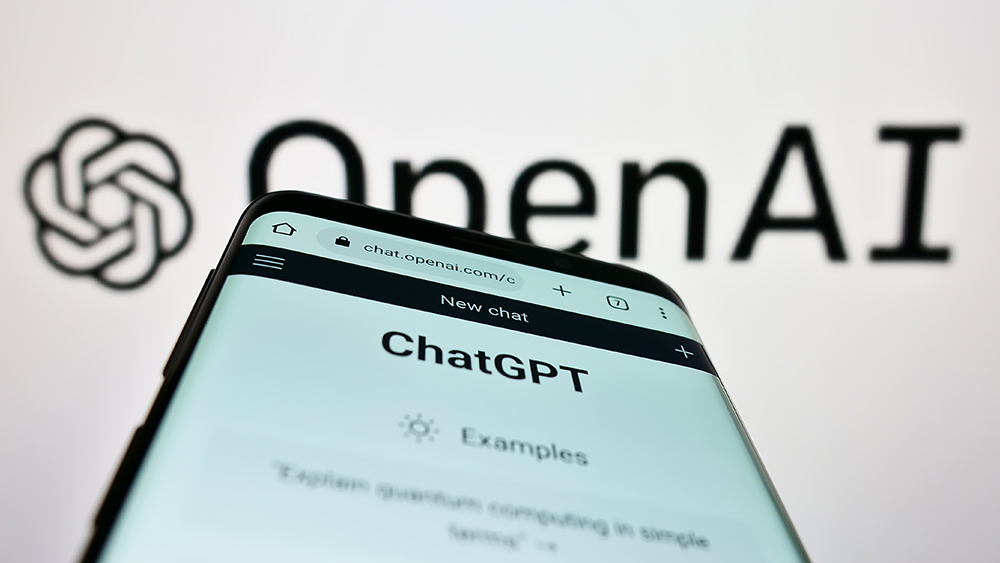 Parler
Parler Gab
Gab
- Nearly half of young women who received smartphones at age five or six now report suicidal thoughts, compared to just 26 percent of those who got their phones at age 13 or later. Similar but smaller effects were observed in young men.
- Mental health scores dropped sharply with earlier phone ownership, scoring just one point for those given phones at age five, compared to 30 points for those who waited until 13, across 47 measures of emotional, social and cognitive functioning.
- Social media accounts for about 40 percent of the mental health decline, with additional damage from cyberbullying (10 percent), disrupted family relationships (13 percent) and sleep disturbances (12 percent).
- The U.S., U.K., Canada and Australia show the most severe impacts, attributed to earlier device access and greater exposure to harmful, algorithm-driven content in English-language digital spaces.
- Recommendations include raising the minimum age for smartphone and social media use to 13, implementing mandatory digital literacy training, providing graduated tech access for younger children and stricter enforcement of age limits for tech companies.
Authors urge policymakers to create smartphone age restrictions
In response to these findings, the researchers are calling for sweeping policy changes to regulate childhood access to smartphones and social media. Their recommendations include minimum age restrictions for smartphone ownership and social media access, ideally no earlier than age 13; mandatory digital literacy education before children can join social media platforms; graduated access restrictions, where younger children only use basic phones without internet or social media apps; and stricter enforcement of age limits and penalties for tech companies that fail to comply. "Just as we restrict alcohol, tobacco and motor vehicle operation to older adolescents and adults based on risk to developing minds and bodies, so too should we restrict smartphones and social media during the critical formative years," the authors claimed. Visit Mental.news for more stories like this. Watch the video below to learn how smartphones can cause addiction, especially in children. This video is from the Kla.TV - English channel on Brighteon.com.More related stories:
SURVEY: Majority of American teenagers feel happy and peaceful without smartphones.
Study: Early exposure to smartphones, online content linked to increased risk of autism.
How smartphone addiction affects brain function and mental health.
British Education chief wants to BAN students from using phones in schools.
Parents and school officials of small Irish town unite to BAN SMARTPHONES for children as old as 13. Sources include: StudyFinds.org TandFOnline.com Brighteon.comThe power of sleep: How rest rewires your brain for better decisions
By Ava Grace // Share
Two specific GUT BACTERIUM identified as precursors for MULTIPLE SCLEROSIS
By Lance D Johnson // Share
“End of Slavery Summit” on BrightU: Leslie Powers discuss the psychology of powerlessness
By Jacob Thomas // Share
Supposedly “private” ChatGPT conversations LEAKED in Google Search
By Ava Grace // Share
Walking 60 minutes 3x weekly cuts Alzheimer’s risk 60%—even for those with high-risk genes
By Willow Tohi // Share
Governments continue to obscure COVID-19 vaccine data amid rising concerns over excess deaths
By patricklewis // Share
Tech giant Microsoft backs EXTINCTION with its support of carbon capture programs
By ramontomeydw // Share
Germany to resume arms exports to Israel despite repeated ceasefire violations
By isabelle // Share









